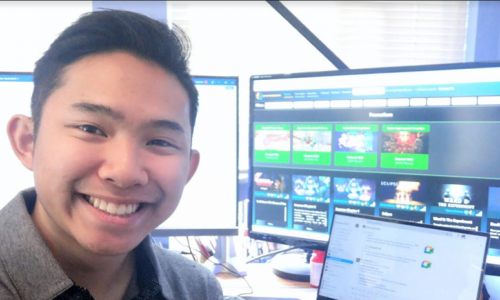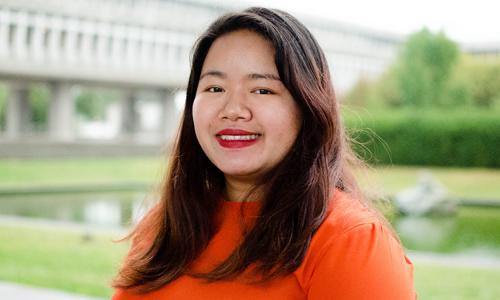
Living with a mental illness or any invisible disability comes with many challenges, but one of the most prominent is whether or not to disclose to others. Like a status of HIV positive, having mental illness carries a lot of stigma. My personal experience is that disclosing can be scary, and I always keep in mind who I’m disclosing to.
Let’s take a look at legislation. In 1977, the Canadian Human Rights Act emerged. The act protects Canadians against discrimination from the government, as well as from private companies that are regulated by the federal government. There are 11 grounds in which people are protected from discrimination and unfair treatment under the Act, but it wasn’t until 2014 that a case about a woman with an intellectual disability who was being paid only $1.24 an hour for her work, was ruled. According to The Star, this was believed to be the first time a ruling or any tribunal or court has looked at “the issue of discriminatory pay for people with intellectual disabilities”. Here are the other protected areas:
- Race
- National or ethnic origin
- Colour
- Religion
- Age
- Sex
- Sexual orientation
- Marital status
- Family status
- Disability
- A conviction for which a pardon has been granted or a record suspended
Based on these protected grounds, if you have a disability, it is not necessary that you disclose it, just as if an employer were to ask you what your sexual orientation is, or your marital status, or your age. This is not appropriate (it doesn’t mean it doesn’t happen, but you now know that it’s protected grounds and you don’t have to answer it!) as it is violating your rights as a Canadian to not be discriminated against.
My personal experience is a bit different. In my work with SFU Career and Volunteer Services as a writer and researcher, my employer already knew that I had a disability, since I was recruited for the position via the SFU Centre for Students with Disabilities. Technically, I had no choice but to disclose my disability, because it’s in the job description, but the amount of information I disclosed was up to me.
My supervisors were very accommodating and when I listed the mental illnesses I was diagnosed with, and they provided me with accommodations. As my employer, they have a duty to accommodate and to follow the Human Rights Act by not discriminating against me. If something occurs because of my condition, for example, and this interrupts my work, this would not be a legitimate reason to dismiss me, as whatever happens regarding my condition is out of my control.
This is my first job so this is my first time disclosing my disability to an employer. It is quite scary sharing personal information with people you've just met but there’s a sense of empowerment in choosing what to disclose and what to not disclose. Furthermore, having my employer know what I need in respect to accommodations is very helpful.
Overall, disclosing my disability was a pretty empowering experience for me and also a very helpful one. This does not mean that it’s going to be this way for everyone. It is your choice whether or not you want to disclose. Employers cannot force you to disclose, you have the right to choose. Remember that certain invisible disabilities carry a lot of stigma and it may either empower or hinder you if you disclose your status. That being said, keep in mind that you have the right to choose whether or not you disclose your disability. And, no matter what you decide, realize that you are just as valuable as any other employee and that you deserve to be respected, no matter what.
Beyond the Blog
-
SFU’s Center for Students with Disabilities offers a wide range of services for students of all abilities.
-
An article on disclosure: On Chronic Illness, Disclosure and Impostor Syndrome published on Inside Higher Ed
-
Tips on the Power of Deep Listening
-
2014 discrimination case covered in the Toronto Star: Disabled Woman Wins Discriminatory Pay Case at Ontario Human Rights Tribunal
















